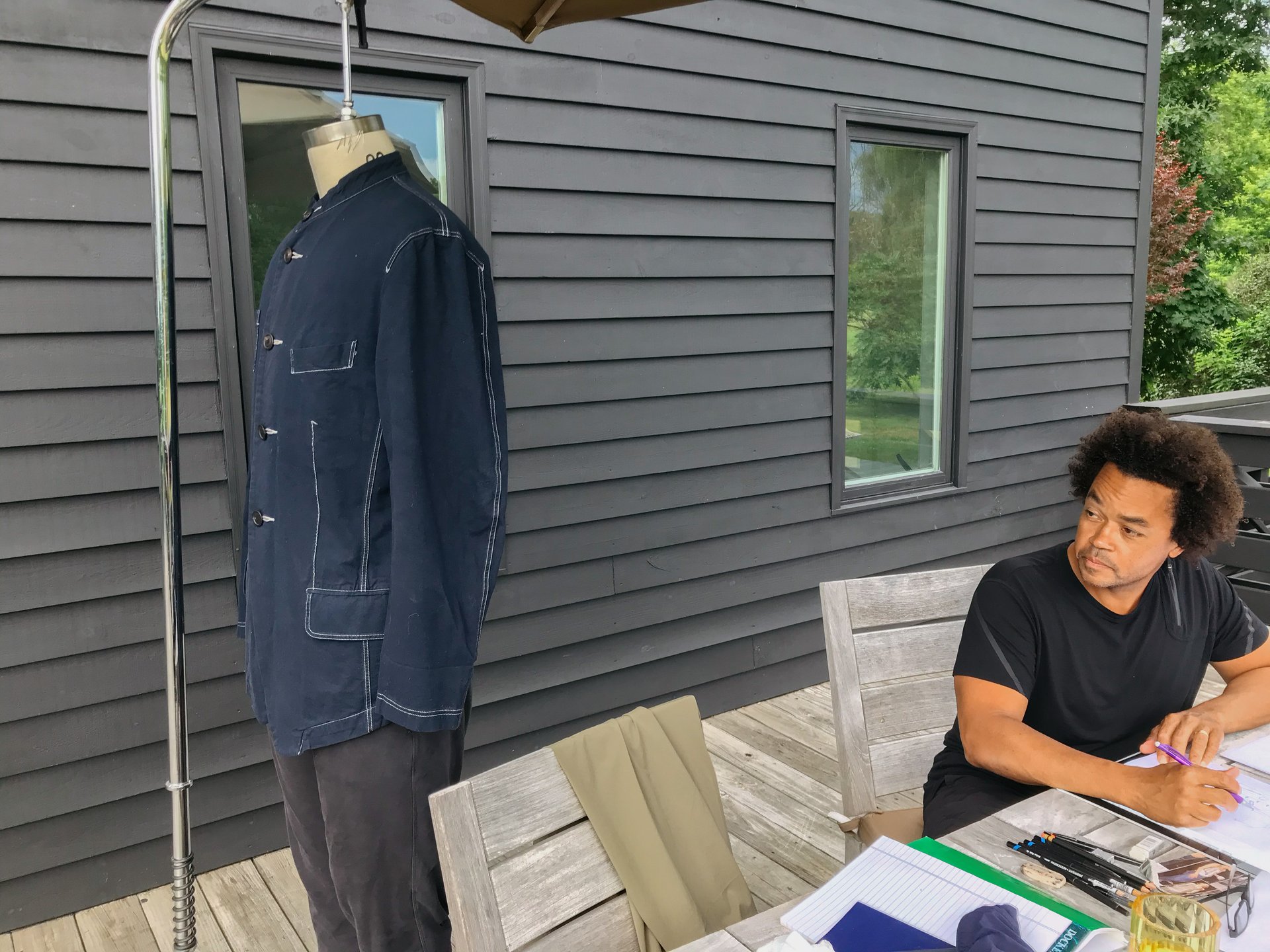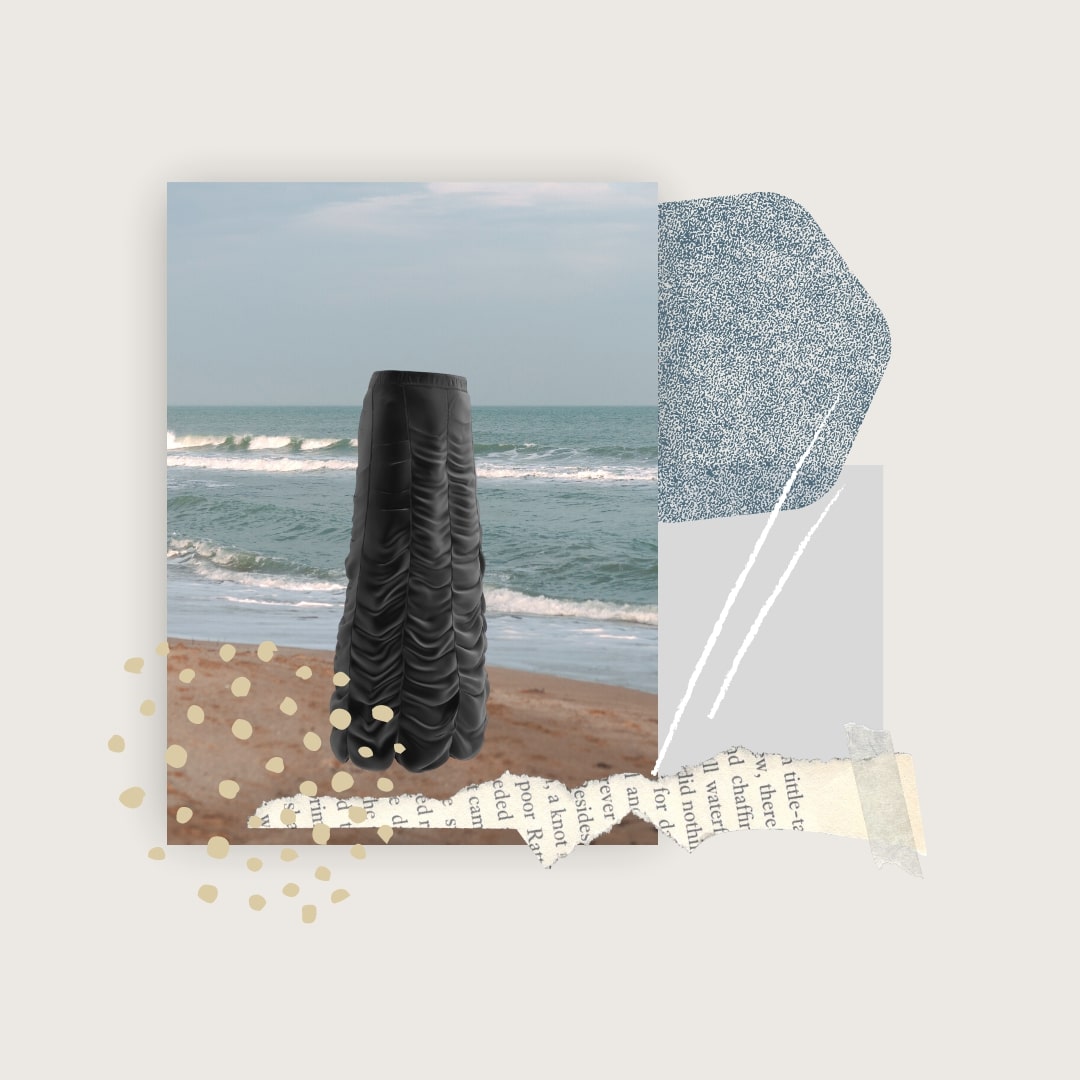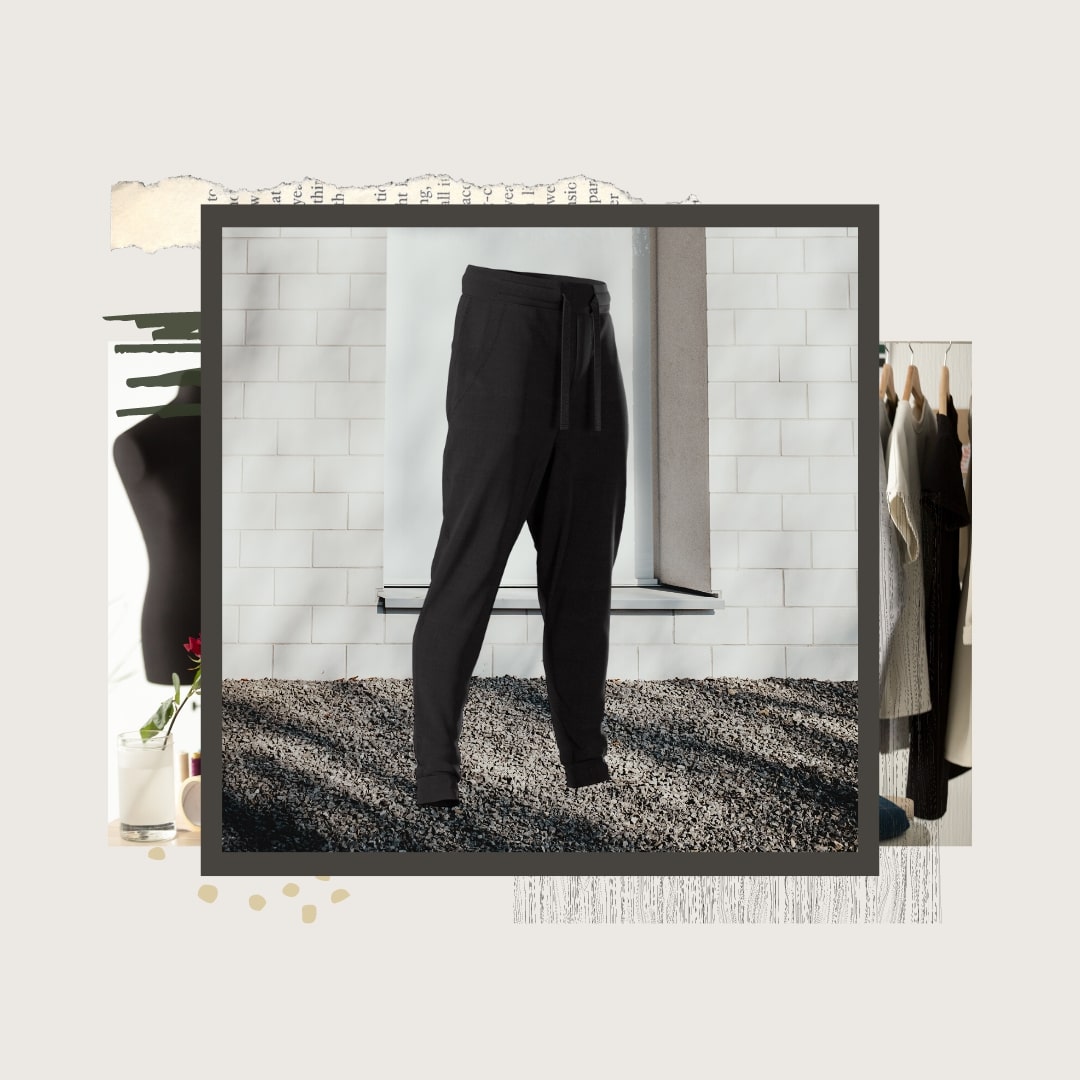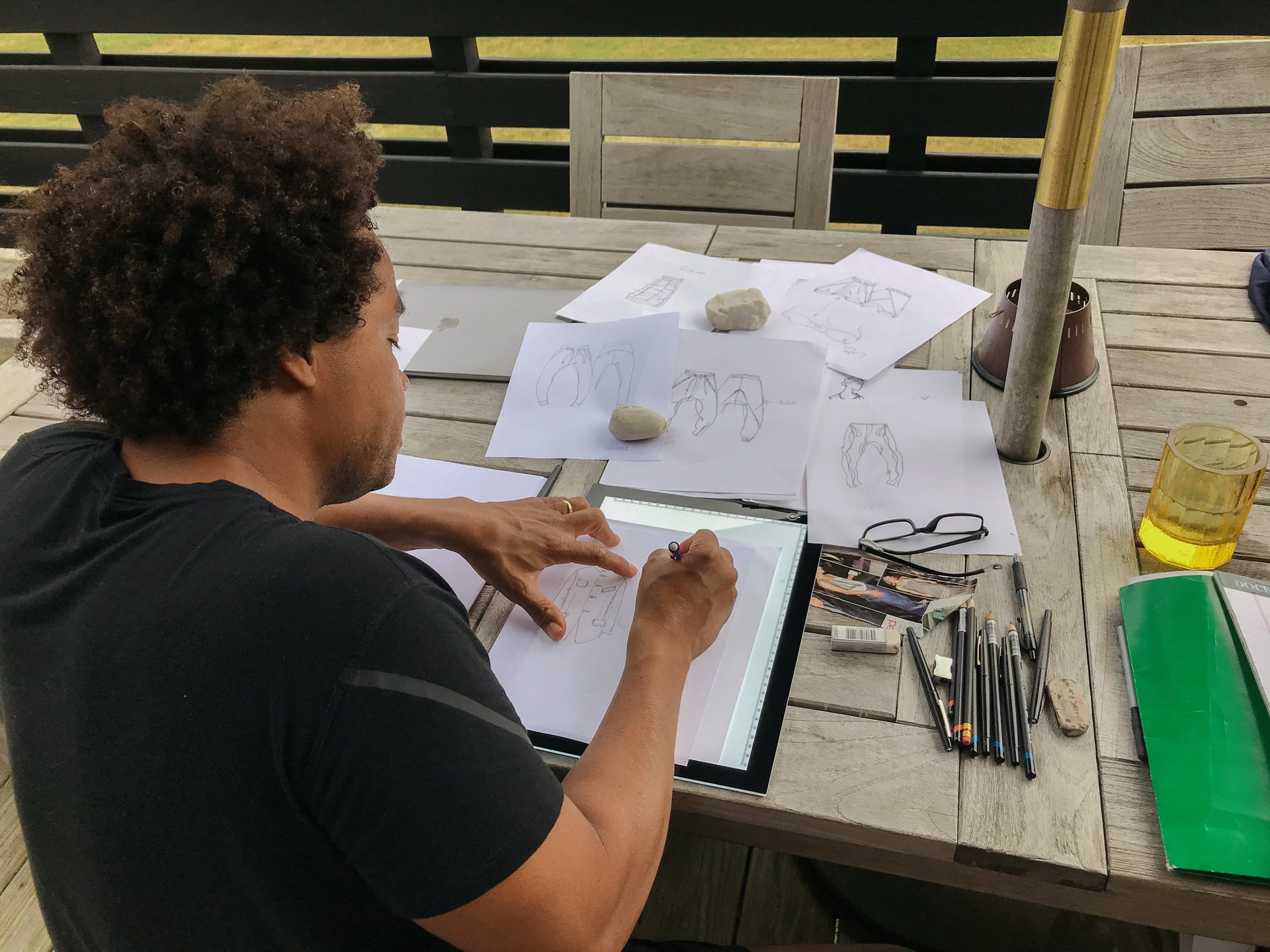Patrick Robinson & Paskho’s Community-Made Initiative
August 27, 2020
Nicky Campbell



Community Made



Patrick Robinson
PHOTOS COURTESY OF PASKHO
August 27, 2020
Nicky Campbell



Community Made



Patrick Robinson
PHOTOS COURTESY OF PASKHO